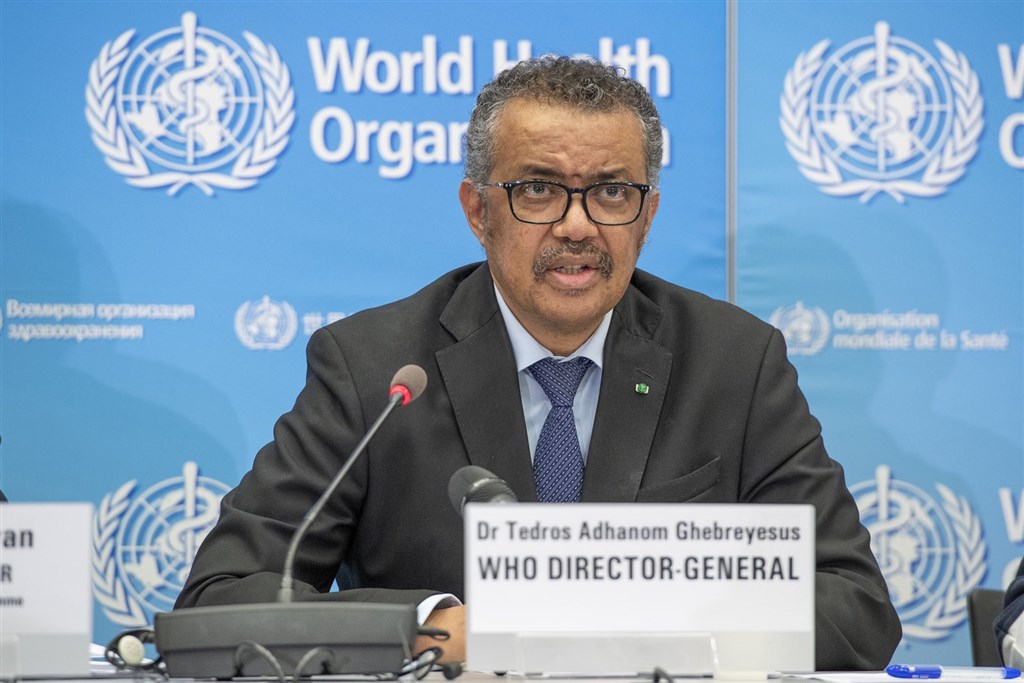Stopping spread is 'key to ending virus variants'


The head of the World Health Organization, or WHO, said on Friday the best way to prevent new variants of the novel coronavirus from evolving is to slow its transmission, noting the increasing concern being caused by the Delta variant, first identified in India.
Speaking at a media briefing, WHO Director General Tedros Adhanom Ghebreyesus said: "I know that globally there is currently a lot of concern about the COVID-19 Delta variant, and the WHO is concerned about it, too."
He pointed out that the Delta variant is the most transmissible of the COVID-19 variants identified so far, has been found in at least 85 countries, and is spreading rapidly among unvaccinated populations.
As some countries begin to ease public health and social measures, the United Nations' health agency is starting to see increases in COVID-19 transmission around the world.
"More cases mean more hospitalizations, further stretching health workers and health systems, which increases the risk of death," Tedros added.
"New variants are expected and will continue to be reported — that's what viruses do, they evolve — but we can prevent the emergence of variants by preventing COVID-19 transmission," he continued.
"It's quite simple: more transmission, more variants; less transmission, less variants."
The WHO head went on to say this makes it even more important to prevent COVID-19 transmission, through tailored and consistent use of public health and social measures, in combination with VaccinEquity campaign, which aims to overcome the pandemic and the inequalities that lie at the root of many global health challenges.
"This is why WHO has been saying for at least a year that vaccines must be distributed equitably, to protect health workers and the most vulnerable," he added.

































